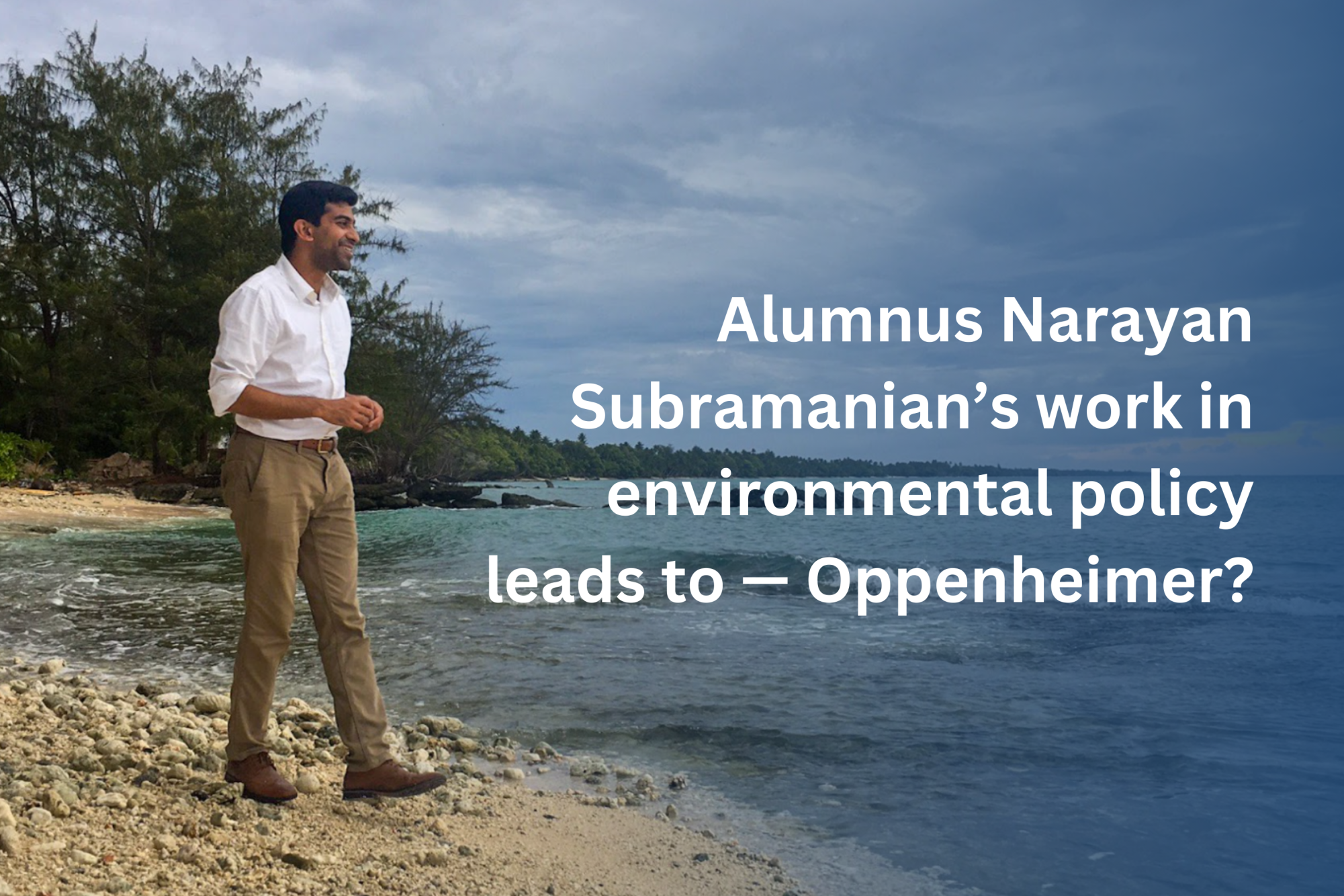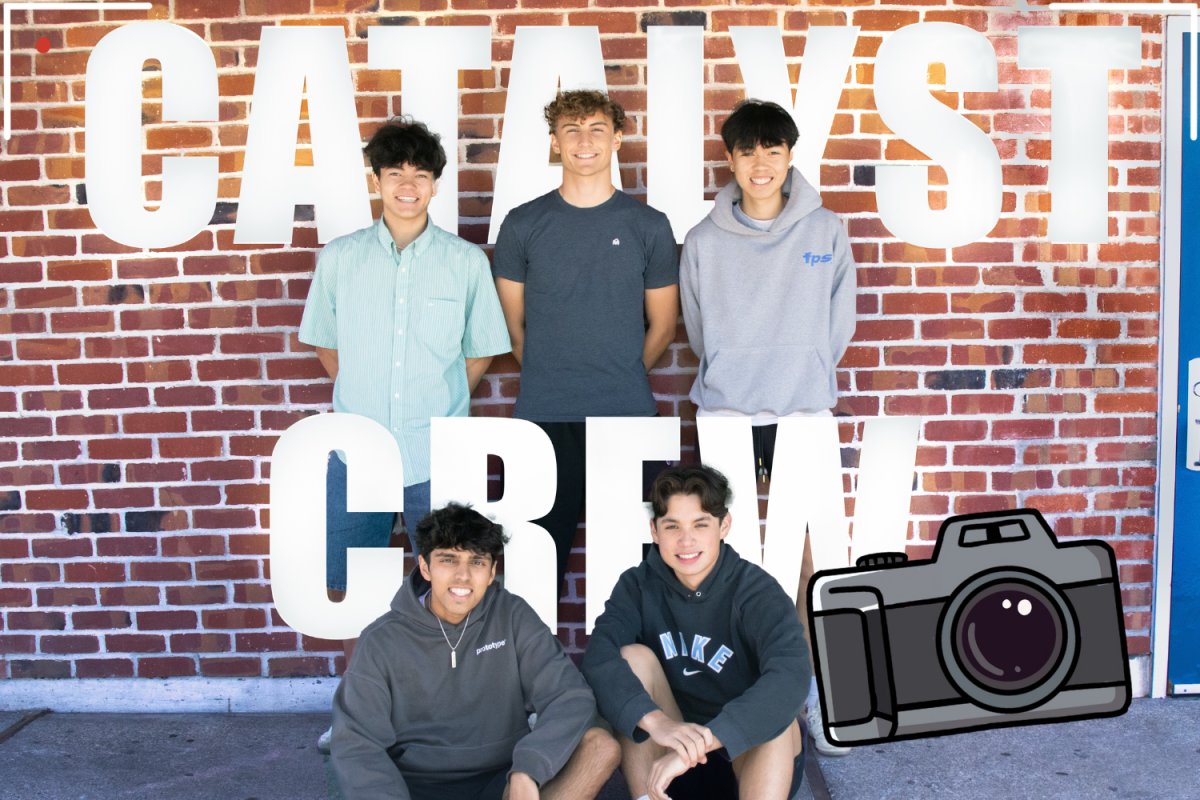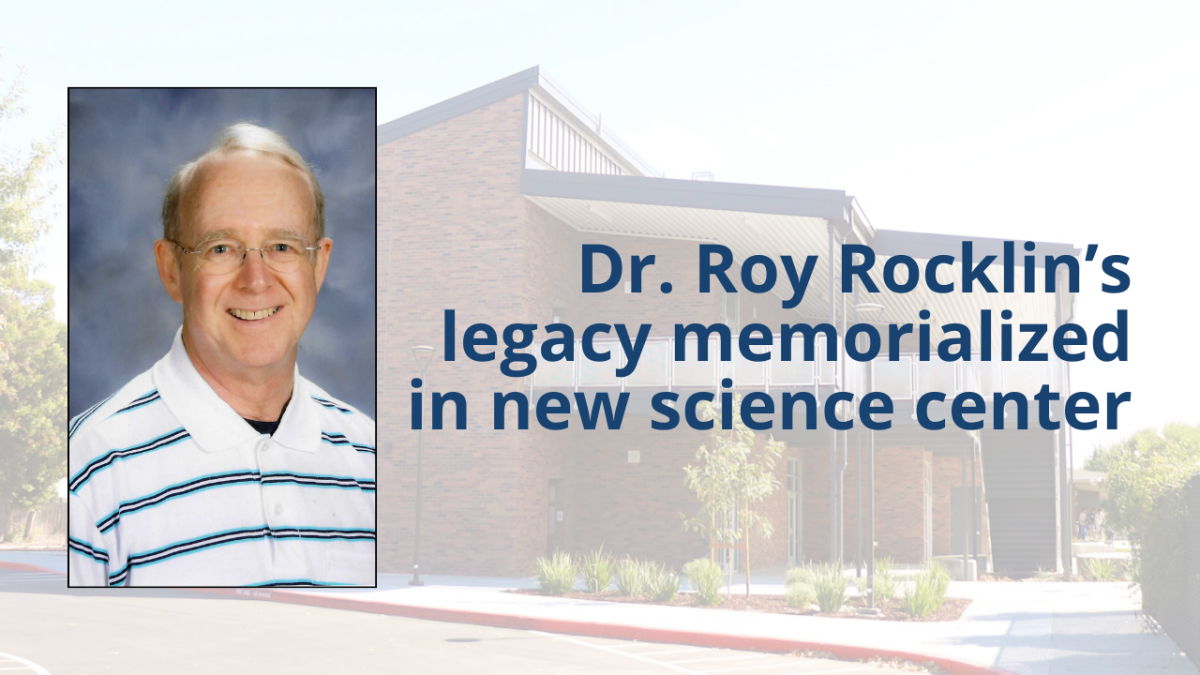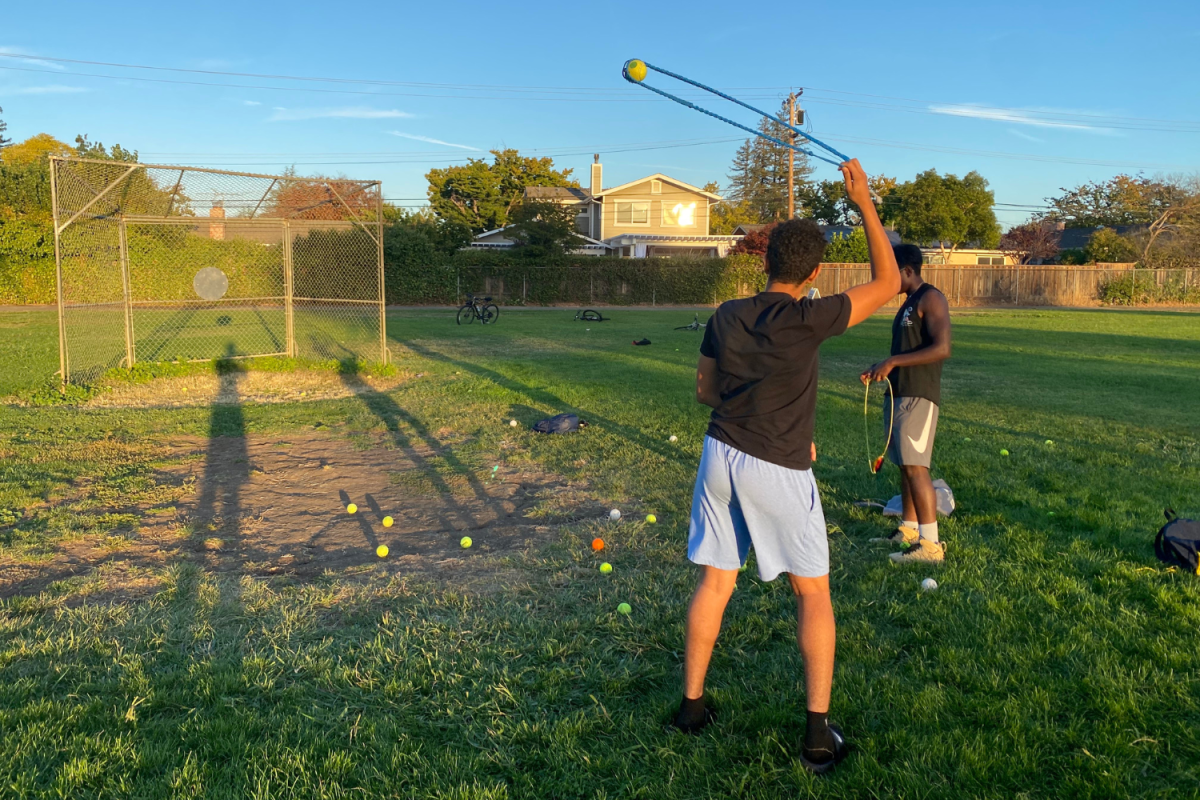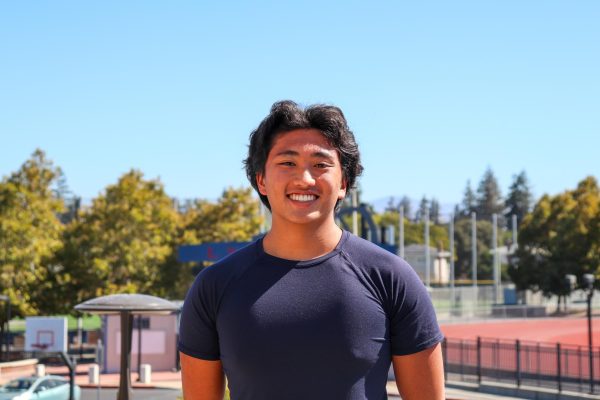Internal memos, conversation transcripts and historical analyses all soon met the yellow glow of incandescent lights lining the halls of the national archive as Class of 2009 alumnus Narayan Subramanian began his work — reviewing the controversial 1954 Atomic Energy Commission’s decision to revoke Dr. J. Robert Oppenheimer’s security clearance.
“I started with a lot of the books that have been written on the Oppenheimer hearing,” Subramanian said. “I was then able to go through the footnotes and use those to hone my search in the national archives.”
For decades, scientists and historians worldwide have condemned and lobbied for the reevaluation of the decision, citing concerns about the precedent Oppenheimer’s Hearing set for persecuting scientists based on their political beliefs.
Most recently in early 2022, 43 U.S. Senators, the directors of the Idaho National Laboratory and all living directors of the Los Alamos National Laboratory, requested the Department of Energy reconsider the AEC’s decision. The Secretary of Energy, Jennifer M. Granholm, then tasked the Office for the General Counsel with determining the fairness of the hearing. At the direction of Granholm, Subramanian, who was appointed at the start of the Biden administration to the DOE as a legal adviser for the Office of the General Counsel, reviewed the AEC’s decision, ultimately making the recommendation to her to clear Oppenheimer’s ‘black mark’ after 68 years, on Dec. 16, 2022.
“Revisiting the Oppenheimer decision allowed me to delve even deeper into the Department of Energy’s history,” Subramanian said. “I was able to learn about from the creation of the AEC after World War ll to the 1970s energy crises and subsequent regulation of energy appliances, and how these foundational organizations and laws enable us to implement historic laws today.”
As a legal adviser, he not only handled the DOE’s legal challenges but also helped implement some of the most comprehensive federal environmental and energy legislation in American history — the Bipartisan Infrastructure Law and the Inflation Reduction Act. Under these new laws, he supported the design and implementation of new multibillion-dollar energy programs.
In July 2023, Subramanian became the adviser to the Secretary of Energy for Clean Energy Projects and Supply Chains. Now, he oversees the implementation of the new laws’s energy initiatives and programs, covering a range of issues related to how the department is investing in clean energy infrastructure at large.
“My career goal has been to work on the clean energy transition and address the climate crisis,” Subramanian said. “In many ways, I feel lucky to be where I am right now, getting to implement these historic bills and moving the country along its clean energy transition.”
Subramanian’s work in the clean energy space can be traced back to his formative years in the Bay Area, attending Dilworth and Blue Hills elementary schools, Miller Middle School and Lynbrook.
“The thing I cherished about high school is that we had a very deep sense of community in my class,” Subramanian said. “We took class and school spirit very seriously.“
At Lynbrook, he was an avid participant in speech and debate: competing in the national circuit and becoming the team captain his senior year. He was also deeply involved in the science fair, conducting experiments to address environmental issues. In 2009, the Epic published an article about one such project during his senior year — an award-winning dissertation on freeze desalination.
“My parents encouraged me to take full advantage of the opportunities presented to me,” Subramanian said. “They let me compete on the national circuit for debate and very much encouraged me to do research abroad for my science fair projects.”
Reflecting now, he credits his teachers with sparking his continued interest in the humanities. Because of this, he has kept in touch with former and current faculty like Mrs. Clark, and Mr. Williams who taught his AP Literature and AP Government classes.
“Be curious, and develop relationships with your teachers, “ Subramanian said. “They’re a wealth of knowledge and wisdom.”
From Clark’s perspective, of all of the students she had taught and later fostered friendships with over the years, she considers Subramanian to be one of the most unique. She believes that Subramnian’s journey illustrates the importance of not feeling constrained by the narrow definitions of success and fulfillment that are often ingrained in Bay Area youth.
“He wasn’t trying to artificially inject meaning and purpose into his life,” Clark said. “It was evident that he naturally gravitated toward environmental issues, and those are the characteristics that set him apart from others.”
She specifically recalled an anecdote that she felt spoke to Subramanian’s character.
“His father had given him a novel, “The Razor’s Edge” by W. Somerset Maugham, and he then gave a copy of it to me to read,” Clark said. “The story of the novel follows a young man, Larry Darrell, who returns from World War I and rejects conventional American materialism in favor of a more meaningful and philosophical life.”
Subramanian contends that his involvement in debate and the science fair were crucial in helping solidify his college studies and eventual career path in environmental law and policy. At Columbia University, he majored in Earth and Environmental Engineering and minored in Political Science, later pursuing his law degree at Columbia and master’s in Public Affairs at Princeton simultaneously.
“I had a pretty humanities-rich college experience, but I wish I could have explored those fields even more,” Subramanian said.
Hitting the ground running, he worked in a carbon capture lab the summer of his freshman year at Columbia. At that time in 2010, the lab was considered at the cutting edge of carbon capture and storage, a field that has since gained more popularity.
In the summer before his senior year, after attending the first Threatened Island Nations Conference hosted at Columbia Law School, he was motivated to intern at the United Nations, serving as an adviser to the Marshall Islands, and working on issues on their climate change vulnerabilities.
Unbeknownst to him at the time — this initial introduction to the small, low-lying Pacific island nation would prove to be a recurring presence in his life for many years afterward.
“I started research in 2011 on the implications of sea level rise for the Marshall Islands, under a Columbia law school professor,” Subramanian said. “That really opened my eyes to a completely different impact of climate change where potentially an island nation itself can become uninhabitable.”
Even after concluding his internship, the connections that he had fostered within the Marshall Islands government, combined with his ongoing support for the government on climate-related matters, landed him a job in 2015 with a nonprofit organization, Independent Diplomat, that helps underserved countries negotiate in international forums. There, he advised the Marshall Island government on climate negotiations and helped the country gain an outsized influence on major elements of the Paris Climate Accords, established in December of that year.
“It was an incredible experience,” Subramanian said. “I was able to work with both the president and foreign minister of the country.”
In 2017, amid his graduate studies at Princeton, Subramanian once again returned to Independent Diplomat as a consultant, advising the Marshall Islands on a “2050 Climate Strategy”. In this role, he spoke to local officials and synthesized data, working with various stakeholders to develop a national strategy to tackle the climate crisis.
“My experiences working with the Marshall Islands have taught me that a moral voice carries a lot of weight in these international forums,” Subramanian said.
Through his years of experience working in climate and energy policy, he’s observed the evolution of the field and public attitudes firsthand. Subramanian believes the most pressing issue facing American energy policy today by far is centered around how governments handle the clean energy transition.
“I think that the pandemic, among other things, exposed our grave supply chain vulnerabilities as a country,” Subramanian said.
Regarding the pace of the transition thus far, even though there are still many challenges to overcome, he remains optimistic.
“The early evidence indicates that the transition is definitely underway,” Subramanian said. “We’re seeing record announcements from the clean energy sector about new battery manufacturing plants, additional deployments of solar and wind power and investments in more efficient energy appliances.”
As for the future, Subramanian plans to continue to work in the energy sector — assisting the clean energy transition in any capacity he can.
“I would say clubs, friends, and teachers made all the difference for me — each one enabled me in different ways to pursue the path I’ve taken,” Subramanian said.






















































